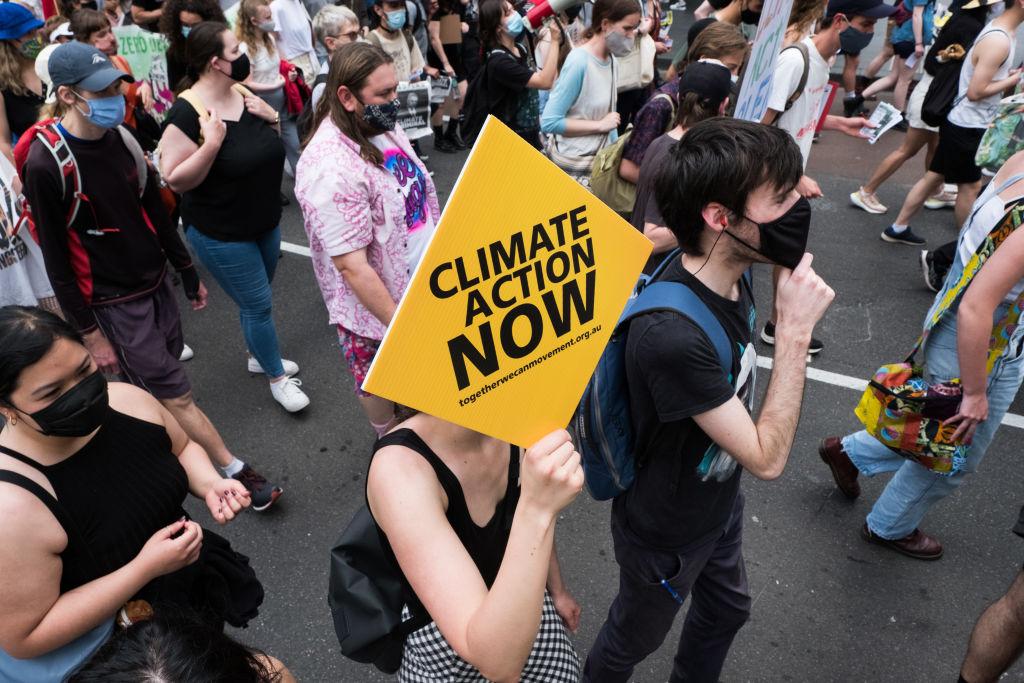Commentary
The Australian Federal Treasurer, Jim Chalmers, recently published a 6,000-word essay, entitled “Capitalism after the Crises.” In it, he argues that it is Australia’s mission “to redefine and reform our economy and institutions in ways that make our people and communities more resilient, and our society and democracy stronger as well.”






